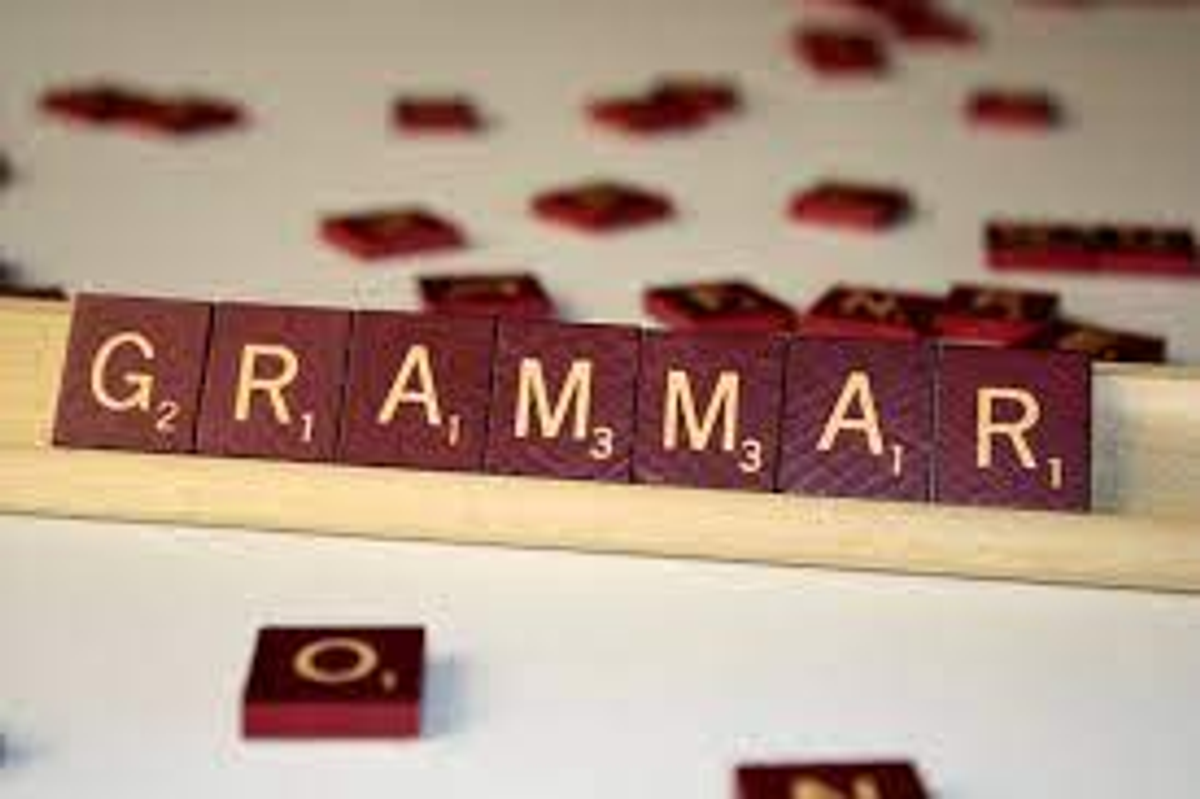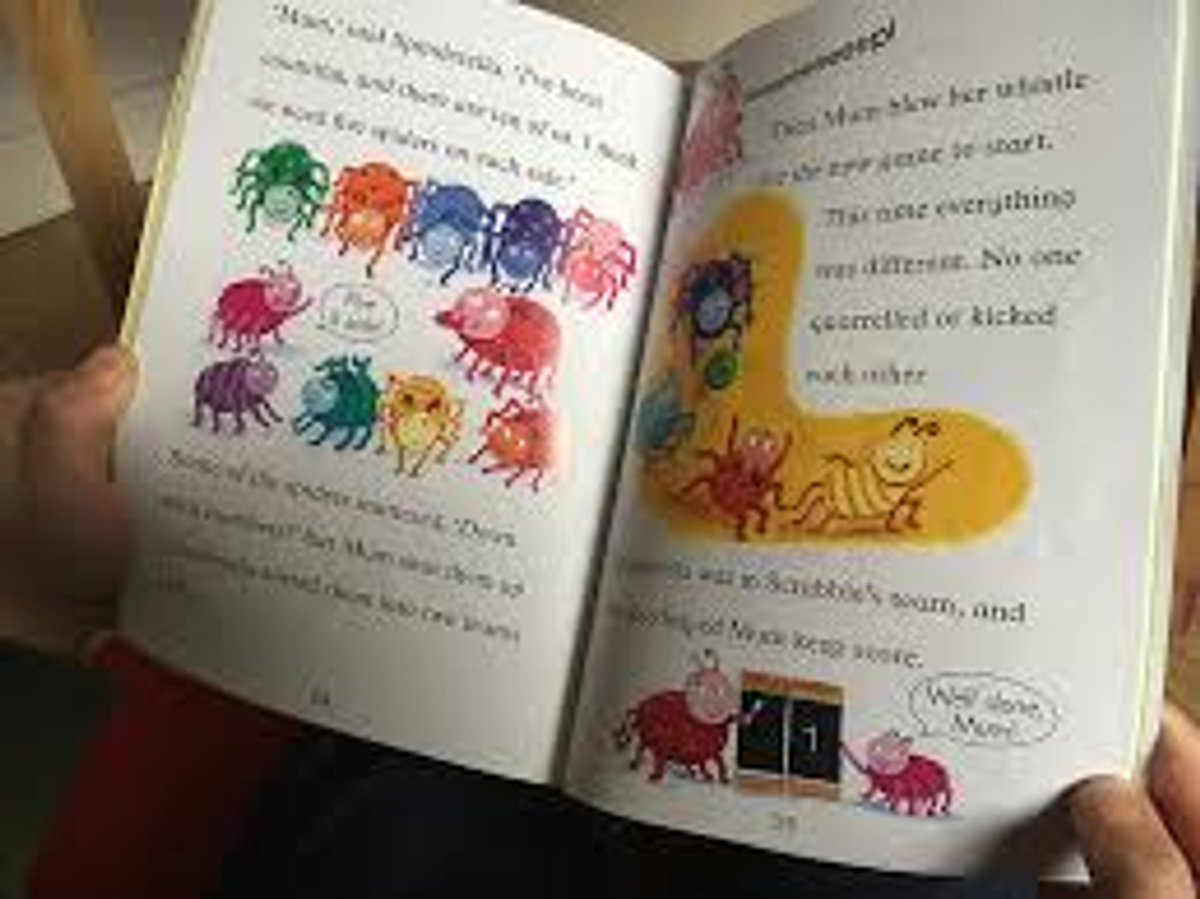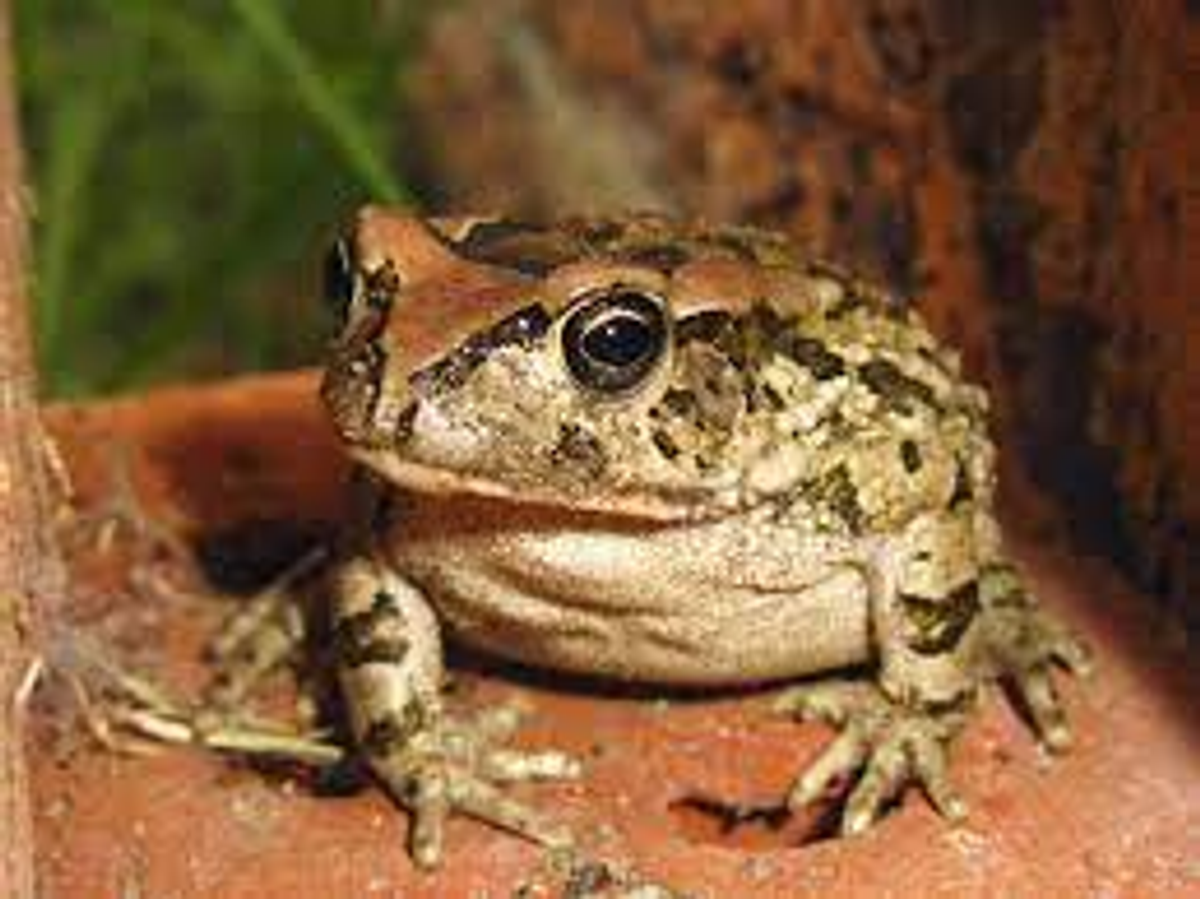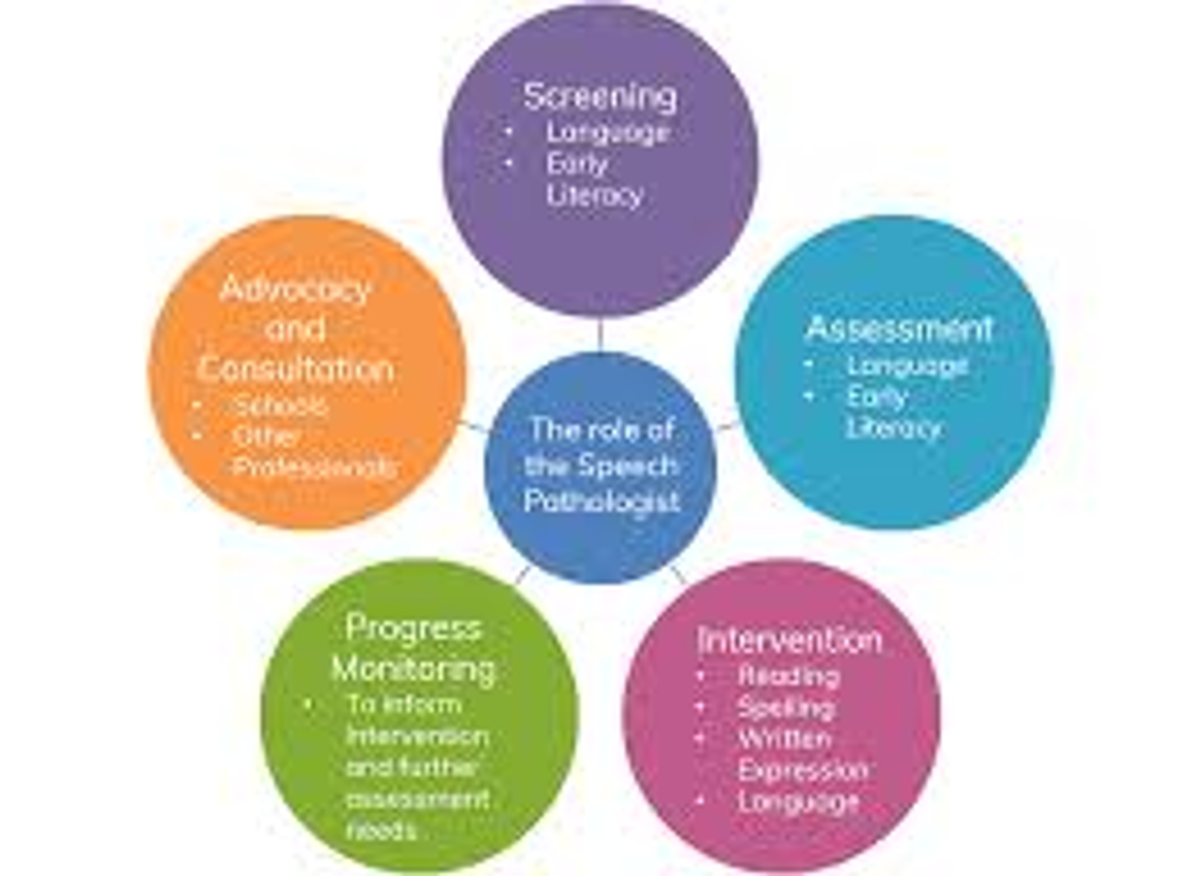Diverse Learning
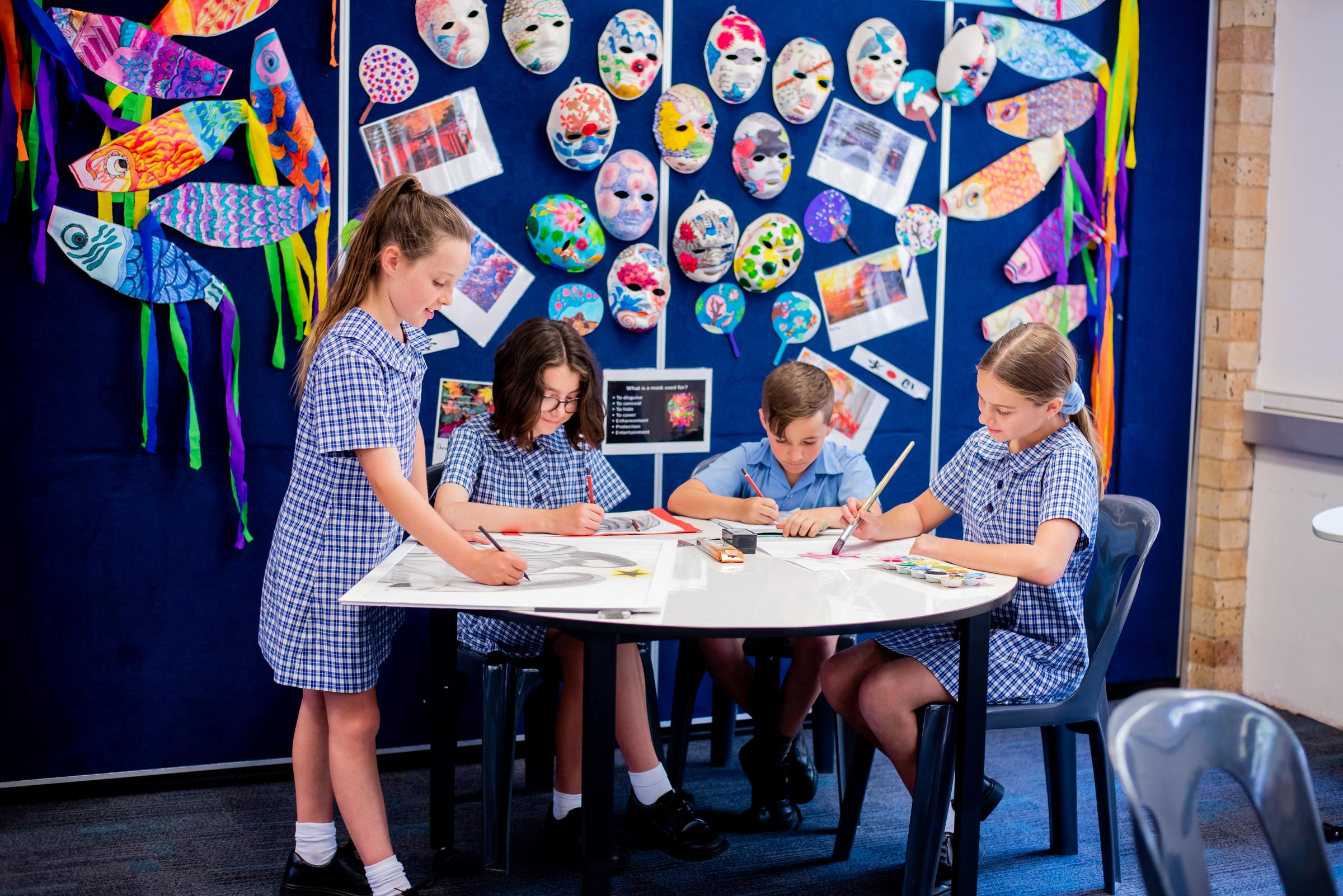
How To Help Your Child If they use the Wrong Grammar
Many children in mainstream classes at school struggle to cope with school work because of difficulties with language. One of the main areas of language impairment involves children's understanding of, and ability to use grammar.
If your child has difficulty using grammar then they may do the following:
- give only short answers to questions
- leave out words in sentences (e.g. "|going home")
- use incorrect verb tense(e.g. "I eated "I writ .....")
- have difficulty joining their ideas together with words like "and". "but" "so" "when" and "while"
- repetitively join ideas in stories together with "and then .. ..... and then"- rather than using a variety of sentence structures and joining words
- not use descriptions
- have difficulty filling in the missing words in sentences
- use awkward sentences (e.g. "How come when that day a long time ago... ")
- use incorrect grammar (e.g. "I am the biggerest", "I was playing too noisy")
Ways to help at home include .........
- Being a good model
This includes both using correct grammar yourself and repeating what your child has said using correct grammar.
- Encourage your child to repeat the sentence correctly
Doing this occasionally will give your child practice at using correct grammar.
- Expand what your child says or writes
E.g. if your child says "He was eating" then encourage them to use more description by asking "Who was eating? .... What were they eating?" etc. Then state the new information back to the child in a sentence (e.g. "The boy was eating vegemite sandwiches")
- Make deliberate mistakes
Encourage your child to fix up the mistakes that you have made. Examples of mistakes include "I sawed the bird" or "Two cat just walk past".
- Point out the grammar in the stories that you are reading with your child. This might include covering up "doing words" (verbs) in the book and asking your child to guess what they might be. It may also include asking your child to describe pictures. Books are almost always written about something that has already happened, and are a great opportunity to teach about past tense. Also point out words that the author uses to join ideas such as "before" "after", "next".' "because", "so". "if" etc.
- Specifically teach grammar
Talk with your child about why grammar works the way it does. For example:
Child: "Yesterday we riding horse"
Parent: "That's right, yesterday we rode the little ponies at the show. When we are talking about things we have already done or things that have finished happening, we change the way we say the word. In this case, we say the word rode. You try it..."
- Encourage complex language
This involves using more description in sentences and joining ideas together with words like "but" "so" "because", "who". "until", "before" "after" etc (rather than just "and"). Many of the strategies above (such as modelling, explaining what your child says, specific teaching, and pointing out these words in stories) can be used to encourage your child to develop these skills. Together you can look over stories that your child has read and try to make them more interesting
- The Joining Words Game
Play games with your child where you make up two short sentences (eg. "It was dark.", "I turned on the light.") and your child joins them together using a joining word. Eg. Your child could say "It was dark so I turned on the light"
- The Describing Game
To play this game, first decide on an object to be described (eg. A frog). The first person would then start by saying "I can imagine a big frog". The next person then adds to the description, eg. "I can see a big, ugly frog". The game continues by adding describing words. Players are "out" if they leave out one of the describing words that has already been said.
As your child plays this game, encourage them to picture the frog in their imagination. This picture should change slightly with each new description that is added.
If you notice that your child continues to have difficulties in this area then contact a Speech Pathologist.
Ms Janelle Schembri | Learning Support

